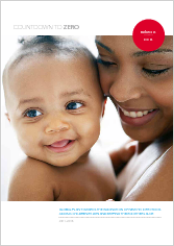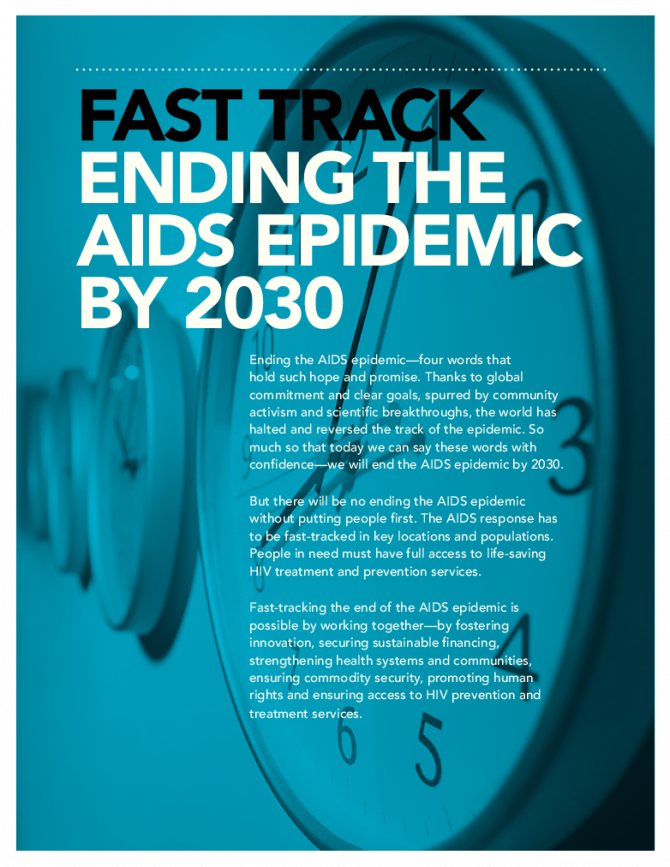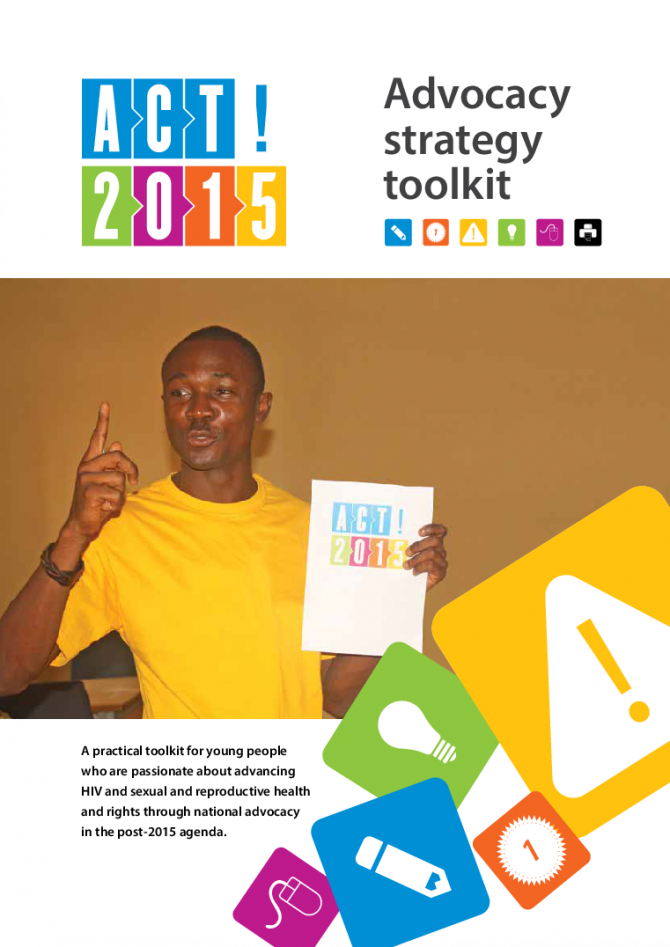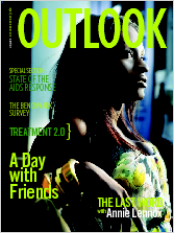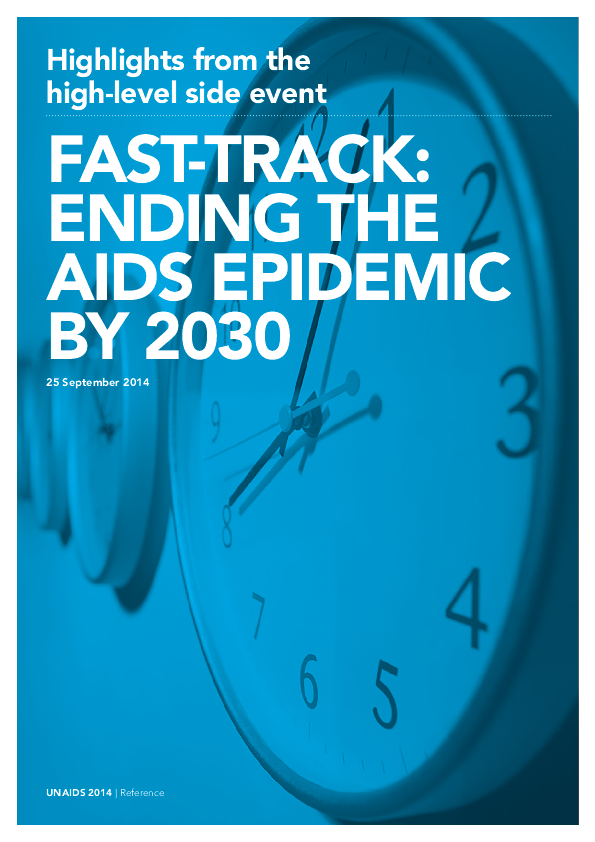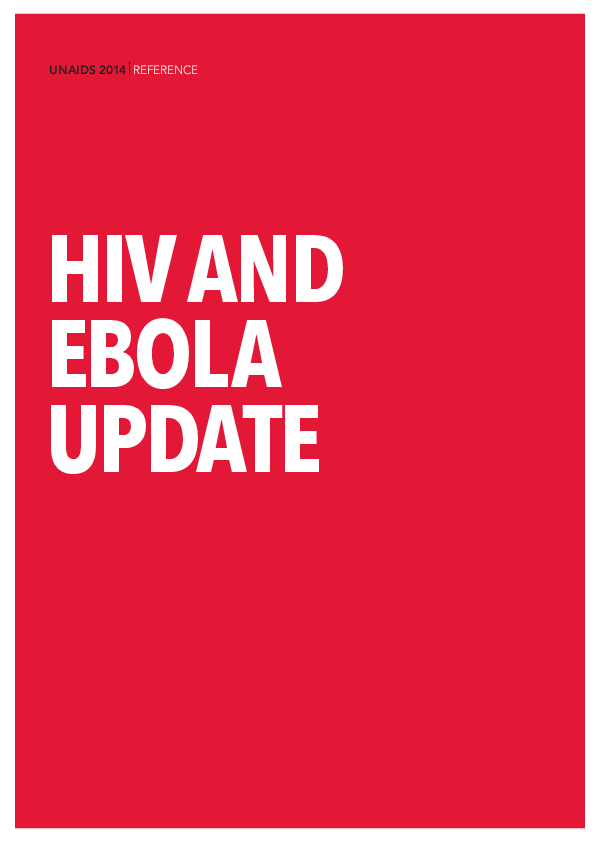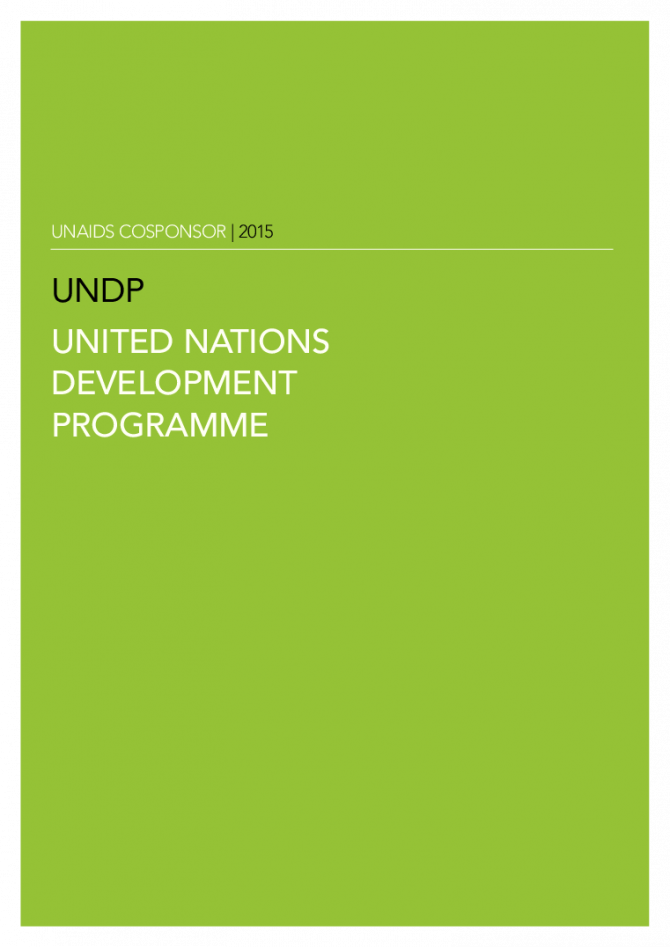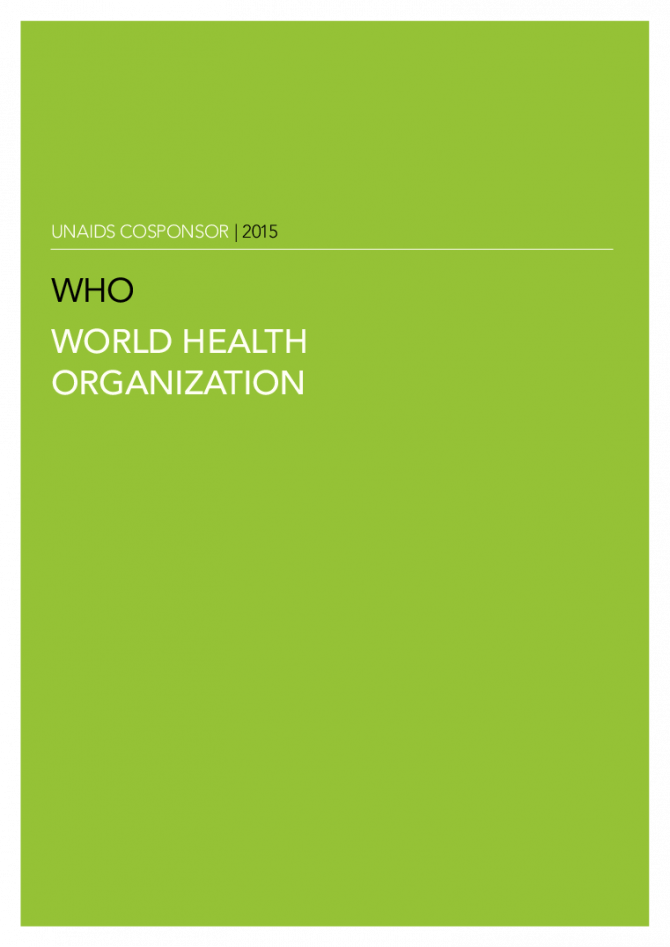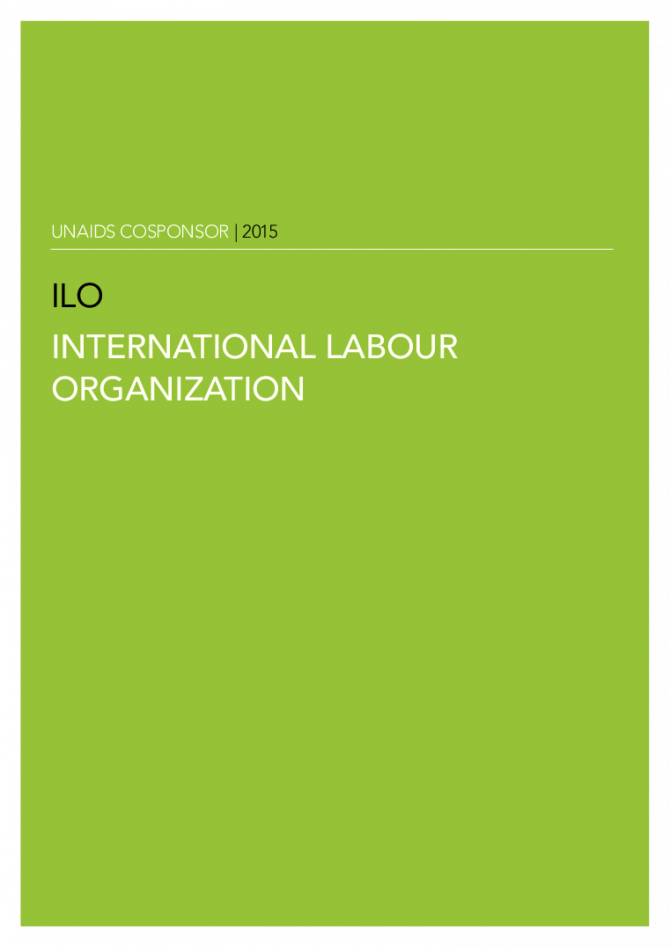Documents
Global Plan towards the Elimination of New HIV Infections among Children by 2015 and Keeping Their Mothers Alive
09 June 2011
This Global Plan provides the foundation for country-led movement towards the elimination of new HIV infections among children and keeping their mothers alive. The Global Plan was developed through a consultative process by a high level Global Task Team convened by UNAIDS and co-chaired by UNAIDS Executive Director Michel Sidibé and United States Global AIDS Coordinator Ambassador Eric Goosby. It brought together 25 countries and 30 civil society, private sector, networks of people living with HIV and international organizations to chart a roadmap to achieving this goal by 2015.
Documents
Fast track: Ending the AIDS epidemic by 2030
25 September 2014
Documents
UNAIDS OUTLOOK report 2010
09 July 2010
New UNAIDS report shows that young people are leading the prevention revolution, with 15 of the most severely affected countries reporting a 25% drop in HIV prevalence among this key population. New global opinion poll shows that AIDS continues to be of major importance for the public around the world.
Documents
HIV and Ebola update
03 November 2014
It is essential that all people, including people living with HIV, are able to access health services and ongoing treatment. If people living with HIV who are on ART stop abruptly because they cannot access new supplies they could rapidly become unwell, drug resistance may build and the chances of onward transmission of the virus would increase.
Documents
UNAIDS Cosponsor | 2015 | World Food Programme
01 January 2015
Nutrition and food security are critical components of care and support for people living with HIV and TB patients. In line with its 2010 HIV and AIDS Policy and in response to the UNAIDS 2011–2015 Strategy, WFP’s HIV work has a strong focus on linking food and health systems through the provision of nutrition and food assistance for better health outcomes, such as nutritional recovery for malnourished people living with HIV and TB patients, retention in care programmes and treatment success. WFP provides support at the individual and household levels—including food, but also cash and vouchers—to enable improved access and adherence to treatment.
Documents
UNAIDS Cosponsor | 2015 | United Nations Development Programme
01 May 2015
UNDP is a founding Cosponsor of UNAIDS, a partner of the Global Fund to Fight AIDS, Tuberculosis and Malaria (Global Fund) and a cosponsor of several other international health partnerships. UNDP’s work on HIV, health and development leverages the organization’s core strengths and mandates in human development, governance and capacity development to complement the efforts of specialist health-focused United Nations agencies.
Documents
UNAIDS Cosponsor | 2015 | World Health Organization
01 January 2015
The organization leads the global health sector response to the HIV epidemic. As a Cosponsor of UNAIDS, WHO takes the lead on HIV treatment and care and HIV/tuberculosis coinfection, and jointly coordinates work on the elimination of mother-to-child transmission of HIV with the United Nations Children’s Fund (UNICEF).
Documents
UNAIDS Cosponsor | 2015 | International Labour Organization
01 January 2015
As a Cosponsor of UNAIDS, and under the UNAIDS Division of Labour, ILO is the lead agency on HIV workplace policies and programmes and private sector mobilization. ILO recognizes that HIV has a potentially devastating impact on labour and productivity and represents an enormous burden for working people, their families and communities in a number of ways. For example, HIV-related stigma and discrimination threaten their fundamental rights at work and undermine their opportunities to obtain decent and sustainable employment. The workplace offers a unique entry point to reach this large, vital and productive segment of the population. The organization has been involved in the HIV response since 1998 through the world of work.

